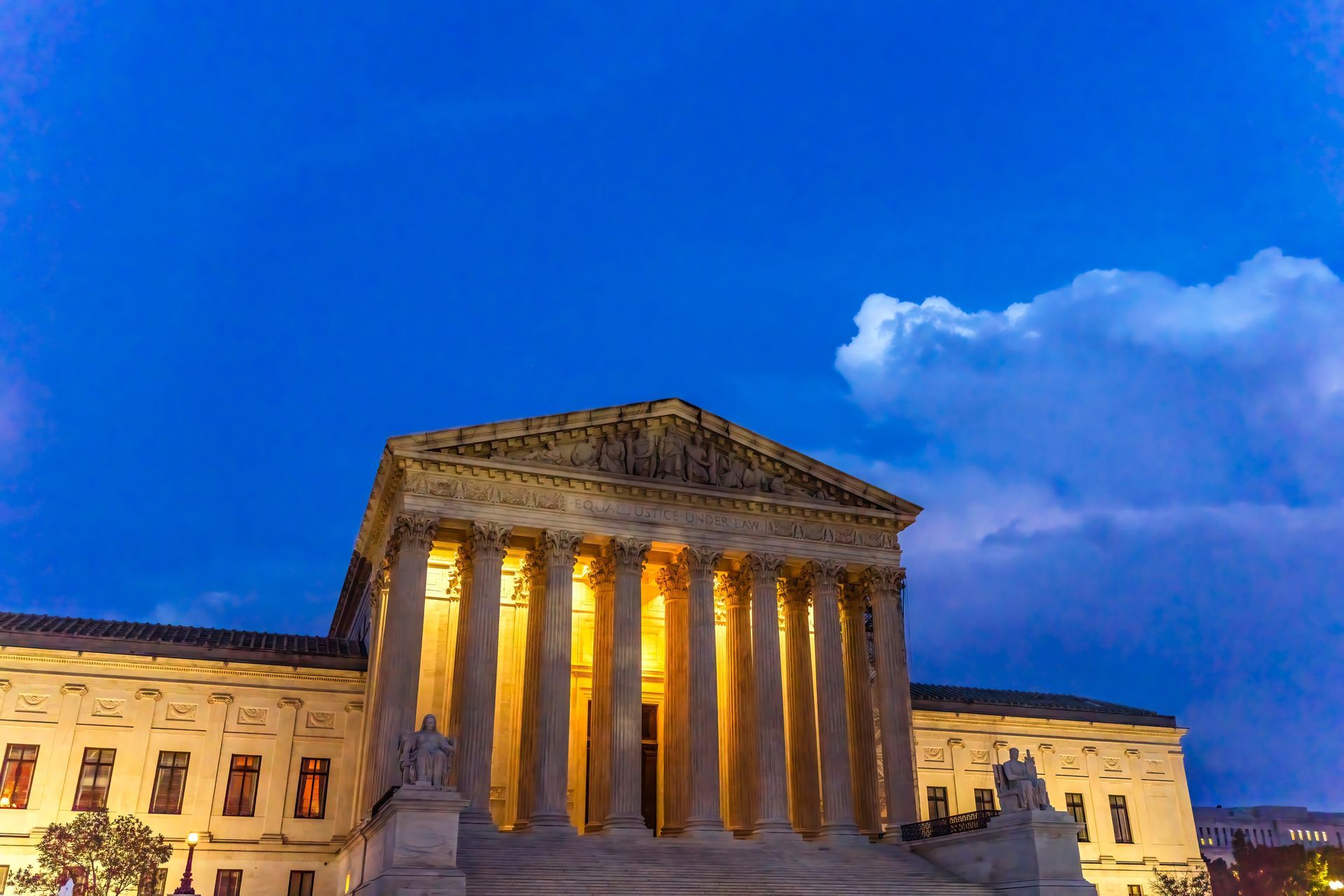Legal Challenges to FCC May Restore Congressional Control Over Spending
Ryan Parada • April 1, 2025

In a case that could continue a recent shift the balance of power between Congress and the federal bureaucracy state, the Supreme Court is poised to rule on Federal Communications Commission v. Consumers’ Research — a challenge that questions whether the federal government can continue to fund major initiatives without explicit congressional oversight or appropriations.
At the center of the dispute is the Universal Service Fund (USF), a multibillion-dollar program used to subsidize broadband and telecommunications access in rural communities, and for low-income Americans. While the program is overseen by the FCC, it is administered by a private nonprofit entity, the Universal Service Administrative Company (USAC). The fund is not supported by congressional appropriations but by mandatory contributions from telecommunications providers — effectively a tax on consumers passed down through their monthly bills.
Consumers’ Research, a conservative watchdog group, argues that this arrangement amounts to an unconstitutional delegation of taxing authority to a private organization, bypassing Congress in the process. The plaintiffs contend that Congress never gave the FCC clear authority to create a mechanism that collects and distributes billions of dollars each year without legislative oversight.
The implications of the case are significant. A decision that invalidates the current system would compel Congress to reclaim its traditional role in authorizing and appropriating federal spending. Critics of the current model argue that it allows unelected regulators to impose de facto taxes and fund large-scale programs with minimal accountability or transparency. If the Court sides with Consumers’ Research, it could mark a turning point in limiting the reach of what many see as an increasingly unaccountable administrative state.
Other federal agencies are watching closely. Though other agencies such as the Food and Drug Administration, do not utilize a private entity to collect fees in quite the same manner, it does rely heavily on user fees paid by industry to fund critical regulatory functions, including the approval of drugs, medical devices, and tobacco products. A broad ruling that limits how agencies collect or spend funds without direct congressional approval could raise questions about similar fee-based models elsewhere in the federal government, even if they are structured differently.
The case also arrives in the wake of the Supreme Court’s 2024 decision in Loper Bright Enterprises v. Raimondo, which overturned the long-standing Chevron deference doctrine. Chevron, originally established in 1984, required courts to defer to federal agencies when interpreting ambiguous statutes. Its reversal signaled a major shift in judicial philosophy, one that favors a more restrained administrative state and insists on greater legislative clarity. In the post-Chevron legal environment, the judiciary is increasingly willing to question — and often strike down — agency actions that stretch statutory authority or substitute bureaucratic discretion for congressional intent.
Several other cases currently working their way through the courts reflect a similar skepticism toward agency power. One lawsuit challenges the SEC’s in-house enforcement processes, while another scrutinizes the Consumer Financial Protection Bureau’s unique funding structure, which operates outside the normal appropriations process. Taken together, these cases represent a growing push to rein in regulators and restore constitutional guardrails around how federal power is exercised.
Should the Court rule against the FCC, it will almost certainly fall to Congress to legislate a more transparent, accountable funding model — if it chooses to act at all. For years, lawmakers have delegated complex technical programs to agencies with vague statutory language and little direct oversight. This case may force a return to a more constitutionally grounded approach, where agencies implement the law, but it is Congress — elected and accountable — that writes the rules and controls the purse strings.
In that sense, FCC v. Consumers’ Research
is about more than broadband. It’s about restoring a foundational principle of American governance: that no funds shall be drawn from the Treasury, or from the people, but in consequence of appropriations made by law.
Ryan Parada is the Chief Government Affairs Officer for Connector where he oversees both domestic and international portfolios. He is a policy expert for our clients in numerous areas, including national security, energy, and the tobacco industry.
